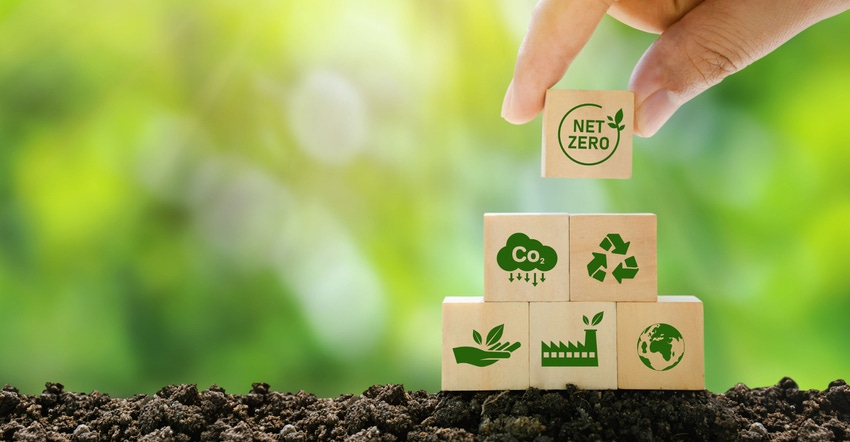Kraft Heinz Receives $170M from DOE for Carbon Reduction Plans
The company has chosen 10 plants that will benefit from the investment.

Kraft Heinz plans to reduce carbon emissions by more than 99% across 10 US plants with help from a $170 million investment from the US Department of Energy.
The food and beverage company was selected for award negotiations to receive up to $170 million from the Department of Energy’s Office of Clean Energy Demonstration to support the implementation of clean energy projects at 10 of the company’s US plants. These plants produce various food products, and these new projects’ technologies can be replicated across a wide range of food and beverage manufacturers.
The investment will fund part of “The Delicious Decarbonization Through Integrated Electrification and Energy Storage” project, helping these locations reduce annual emissions by more than 99% from 2022 levels, which is a significant step forward in the company’s global net-zero ambitions.
Kraft Heinz will use the funds to install technologies, including heat pumps, electric heaters, electric boilers, anaerobic digestors, biogas boilers, solar thermal, solar photovoltaic, and thermal energy storage.
The company anticipates the project will create an estimated 500 construction jobs across the 10 plant sites, with opportunities for employees to receive additional training and develop new skills related to the new technologies.
“The infrastructure changes made at these 10 plants will allow us to replicate successful technologies and processes across our remaining US plants and globally, making us more efficient as we continue to make upgrades to more locations,” said Helen Davis, SVP and head of North America Operations at Kraft Heinz.
The 10 sites include:
Champaign, IL
Columbia, MO
Fremont, OH
Holland, MI
Kendallville, IN
Lowville, NY
Mason City, IA
Muscatine, IA
New Ulm, MN
Winchester, VA
The project will significantly benefit these 10 plants by 2030, as estimated below (compared to 2022 levels):
Overall energy use after the implementation of energy efficiency measures, electrification and onsite generation will decline by 23% (from 1043 GWh/y to 801 GWh/year).
Natural gas use will decline by 97%, with the remaining 3% being used for standby equipment.
Total water use will be reduced by 3%.
To develop the application, Kraft Heinz engaged ENGIE, a strategic consulting, global reporting, and implementation support company.
As part of the company’s ongoing work with the US Department of Energy, Kraft Heinz joined its Better Climate Challenge and Renewable Thermal Collaborative to work across industries to exchange ideas and share repeatable models that can help accelerate decarbonization.
About the Author(s)
You May Also Like




